This discussion and review contains spoilers for The Boys season 3, episode 8, “The Instant White-Hot Wild,” the season finale.
“The Instant White-Hot Wild” is a satisfying wrap-up to a well-constructed season of The Boys, demonstrating the show’s considerable strengths while also showcasing some of its more modest weaknesses.
Perhaps the biggest issue with The Boys is a sense that that show is running in place. Its status quo is set surprisingly firmly for a streaming-era series. Of course, “The Instant White-Hot Wild” does throw a couple of curveballs and sets up a few interesting arcs for the season to come. Butcher (Karl Urban) has a terminal diagnosis. Starlight (Erin Moriarty) has left the Seven. Black Noir (Nathan Mitchell) is dead. Maeve (Dominique McElligott) has retired.
However, there is a sense that things have not changed too drastically. The cast has not been radically retooled or reorganized. A-Train (Jessie T. Usher) and Deep (Chace Crawford) are still on the Seven. Maeve is still alive and so can return. Vought still dominates. Frenchie (Tomer Capone) and Kimiko (Karen Fukuhara) have rejoined the Boys. Kimiko has restored her superpowers. Butcher and Hughie (Jack Quaid) have renounced their temporary superpowers.
Showrunner Eric Kripke has been quite candid that he doesn’t necessarily have a detailed overarching plan for the show. “I have what I would consider a cocktail-napkin sketch of what the big-picture story would be,” he says. “But tangibly, I’m only thinking about the season ahead.” This is a perfectly reasonable approach, particularly in an era where showrunners boast about five-season plans. However, for all its bluster and bravado, The Boys can feel reluctant to really shake things up.
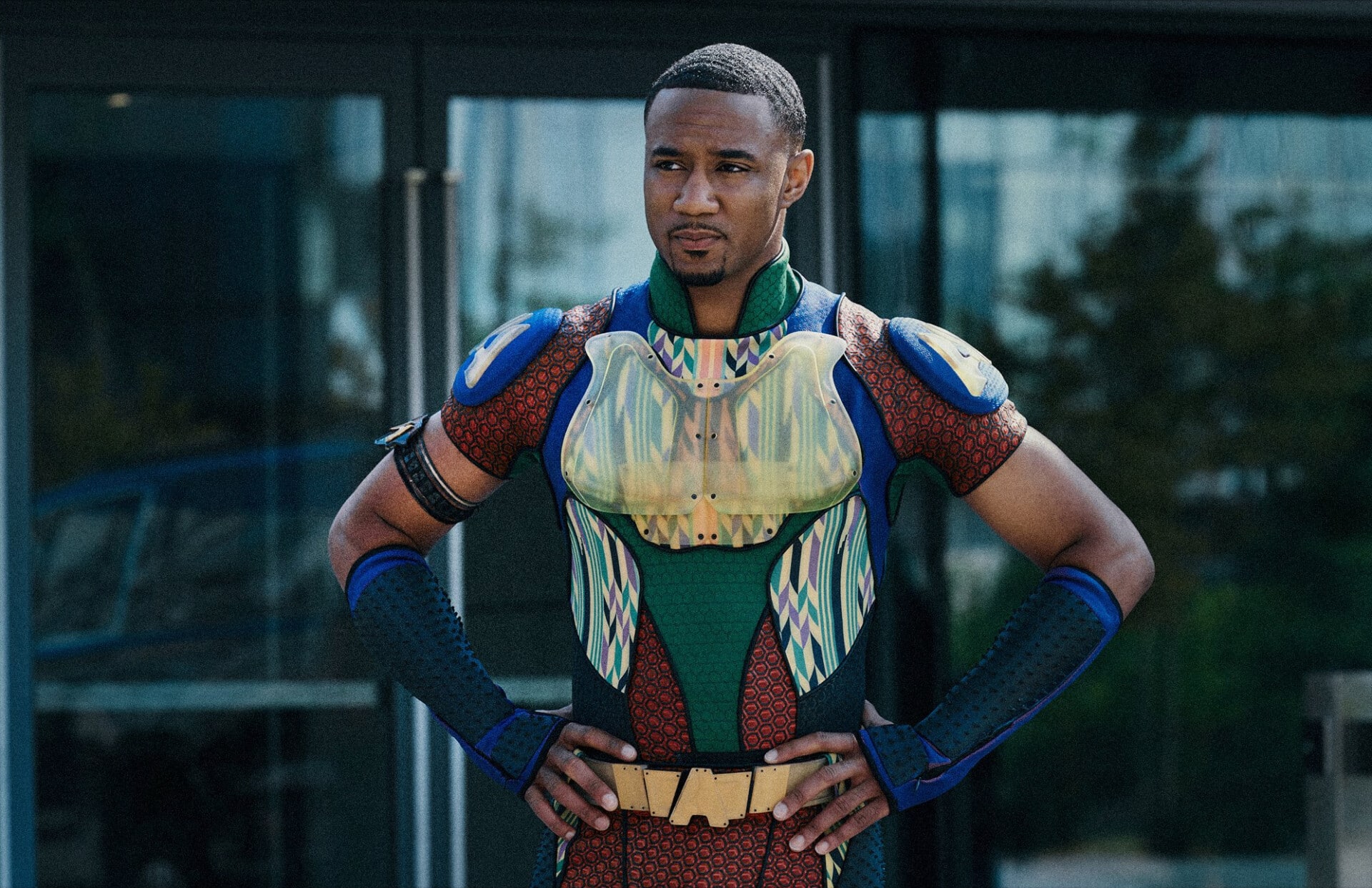
Some of this ties back into the show’s cynical view of the world inhabited by these characters. There’s something pathetic and affecting in the way that A-Train’s shallow and selfish attempts at self-improvement find the speedster running in place, harming those around him. Deep’s ability to avoid any real consequences for his worst actions rings true, reflecting a world where celebrities can do and say terrible things, temporarily withdraw from public life, and then be welcomed back.
That said, for a show that thrives on shocking and surprising the audience, the season 3 finale suggests that The Boys may need to push out of its comfort zone. After all, is the season’s closing scene, in which the public cheers Homelander (Antony Starr) for killing a protestor, a particularly bold move in a season built around how people “fucking love” the real Homelander? It is just a literalization of a boast Donald Trump made before the show even premiered.
Still, these are potential problems for the next season, rather than issues with this one. In its season finale, The Boys demonstrates the strength of Kripke’s one-season-at-a-time approach. Season 3 of The Boys is a solidly constructed season of television on its own merits, built as a series of effective setups and payoffs neatly arranged around a strong set of central themes. The Boys is aware of all of the balls it has thrown in the air, and it makes sure that they all land where they should.
In this sense, any given season of The Boys is a much more consistently engaging experience than any of the seasons of the Disney+ superhero shows — from WandaVision to Hawkeye — even if it is perhaps less satisfying than HBO equivalents like Watchmen or Peacemaker. Because The Boys is not beholden to the demands of larger corporate synergy, and because the creative team is focusing on a single season at a time, each of those seasons is allowed to cohere in a holistic way.
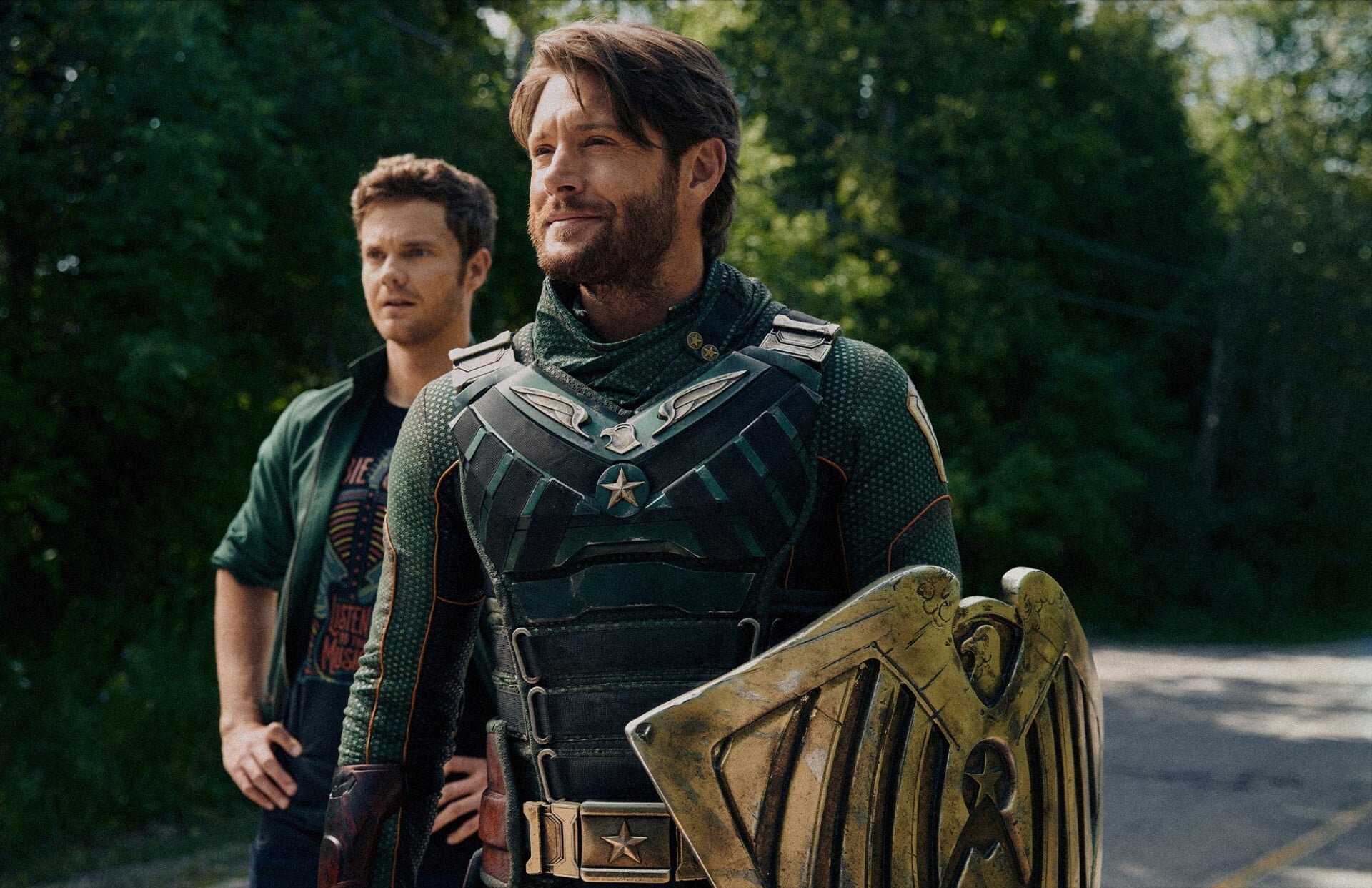
True to the show’s obvious affection for the comic book format, each of the seasons plays as a standalone arc, built around particular characters and themes. Stormfront (Aya Cash) was the standout guest character of the second season, her presence anchoring and motivating the action. She would appear at the start of the third season, but her arc was largely concluded by then. Similarly, the third season is all about Soldier Boy (Jensen Ackles), with his arc wrapped up here.
“The Instant White-Hot Wild” dutifully cycles through each of the major plot and thematic arcs to put a button on them in a satisfying manner. It primarily returns to the theme of fatherhood, playing out in several smaller arcs, but most obviously through the Oedipal generational struggle of Soldier Boy with his son Homelander and his grandson Ryan (Cameron Crovetti). It plays out in Butcher refusing to let his surrogate son Hughie take another dose of Temp-V.
“The Instant White-Hot Wild” ties this theme of fatherhood into the season’s preoccupation with masculinity. Hughie realizes that his own father, Hugh Sr. (Simon Pegg), modeled an ideal form of masculinity that Hughie never fully appreciated. “Dad was there, taking care of me during the worst days of his life,” Hughie tells Starlight. “Just trying to keep the lights on, and a roof above our heads. He wasn’t weak. I just didn’t know what strength was.” Strength is not measured in violence.
The finale also pays off Hughie’s own insecurities about his relative lack of power compared to that of Starlight. When she confronts Soldier Boy in the studio, Hughie is tempted to take the Temp-V again, to “save” her and make himself feel powerful. Instead, Hughie opts to support Starlight. He uses his wits and ingenuity, turning up all the studio lights in order to fully charge Starlight’s power. Like his father, Hughie learns that masculinity and strength can be about helping and supporting others.
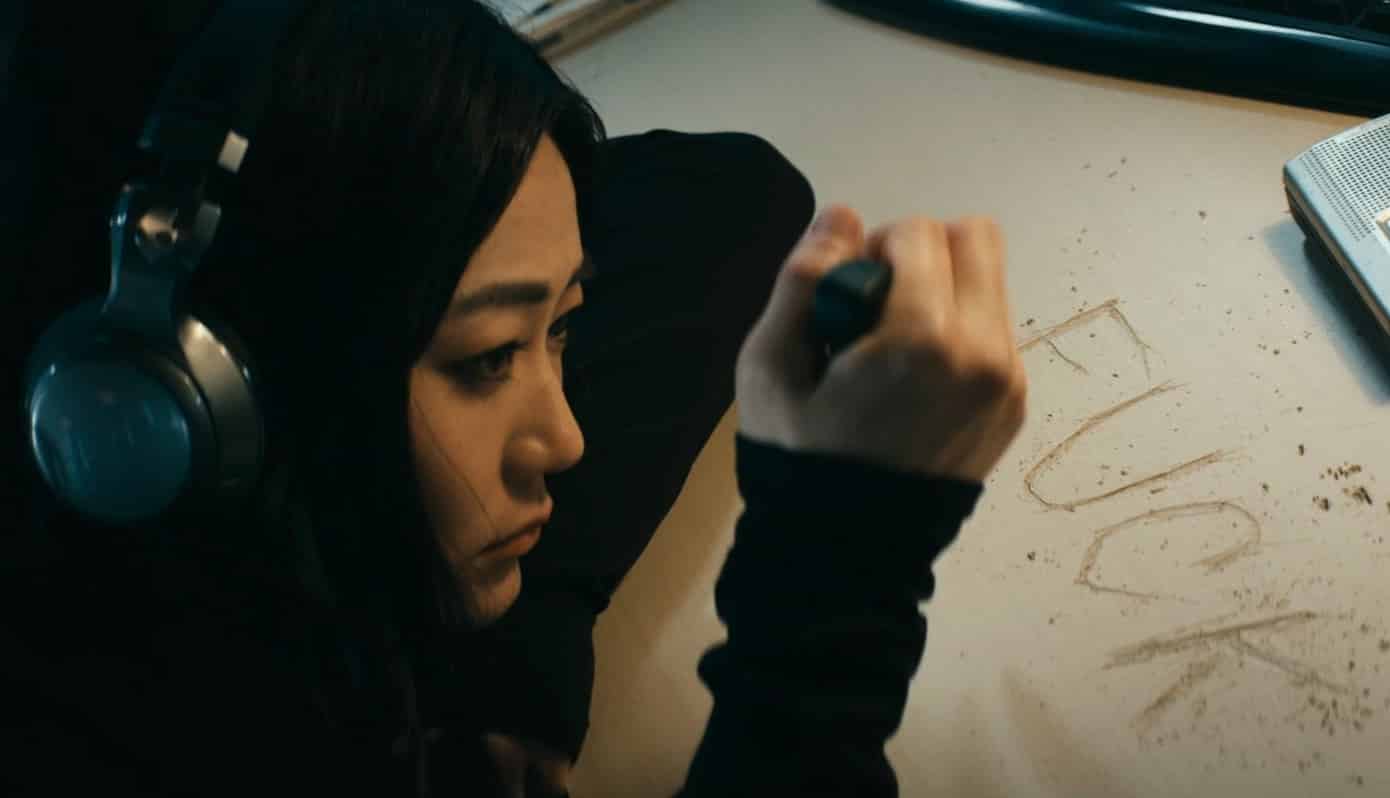
“The Instant White-Hot Wild” likewise provides a satisfying payoff to one of the central tensions of the season, as The Boys has found itself threading the line between cynicism and nihilism. The Boys has never downplayed how hard social change can be. Starlight, Hughie, and Butcher figure out early in the season that they cannot change the system from inside. As in the real world, A-Train’s attempts to engage with social justice are co-opted by Vought. They just lead to horrific consequences.
One of the big criticisms leveled at The Boys in general, and the third season in particular, is that the show is relentlessly bleak. Before it aired, Rick Marshall described the season as “the darkest, most grueling, and emotionally punishing chapter of the series so far.” Throughout the season, characters have grappled with the question of how to win in a world that is so severely weighted against them. There are points at which it has felt oppressive and suffocating — if true to life.
“The high road doesn’t work,” Hughie explained in “Barbary Coast.” He told Starlight, “We have to be as mean and as fucked up as they are.” The entire season has been an exercise in watching Butcher and Hughie morally compromise themselves in the hope of winning. “I’m so fucking tired of listening to people telling me that I need to be shitty in order to win,” Starlight complained in “Herogasm.” Looking at the state of the modern world, it’s hard not to empathize with that.
However, “The Instant White-Hot Wild” finds some measure of humanism amid this grim realism. Starlight’s campaigning forces Vought to move Maeve from the tower. This provides Maeve with the opportunity to escape. “You got me my chance,” Maeve tells Starlight. It seems like a concession to how grassroots movements like #MeToo can effect meaningful change, even allowing for the inevitable pushback. For a season (and show) that can be so bleak, it is an important choice.
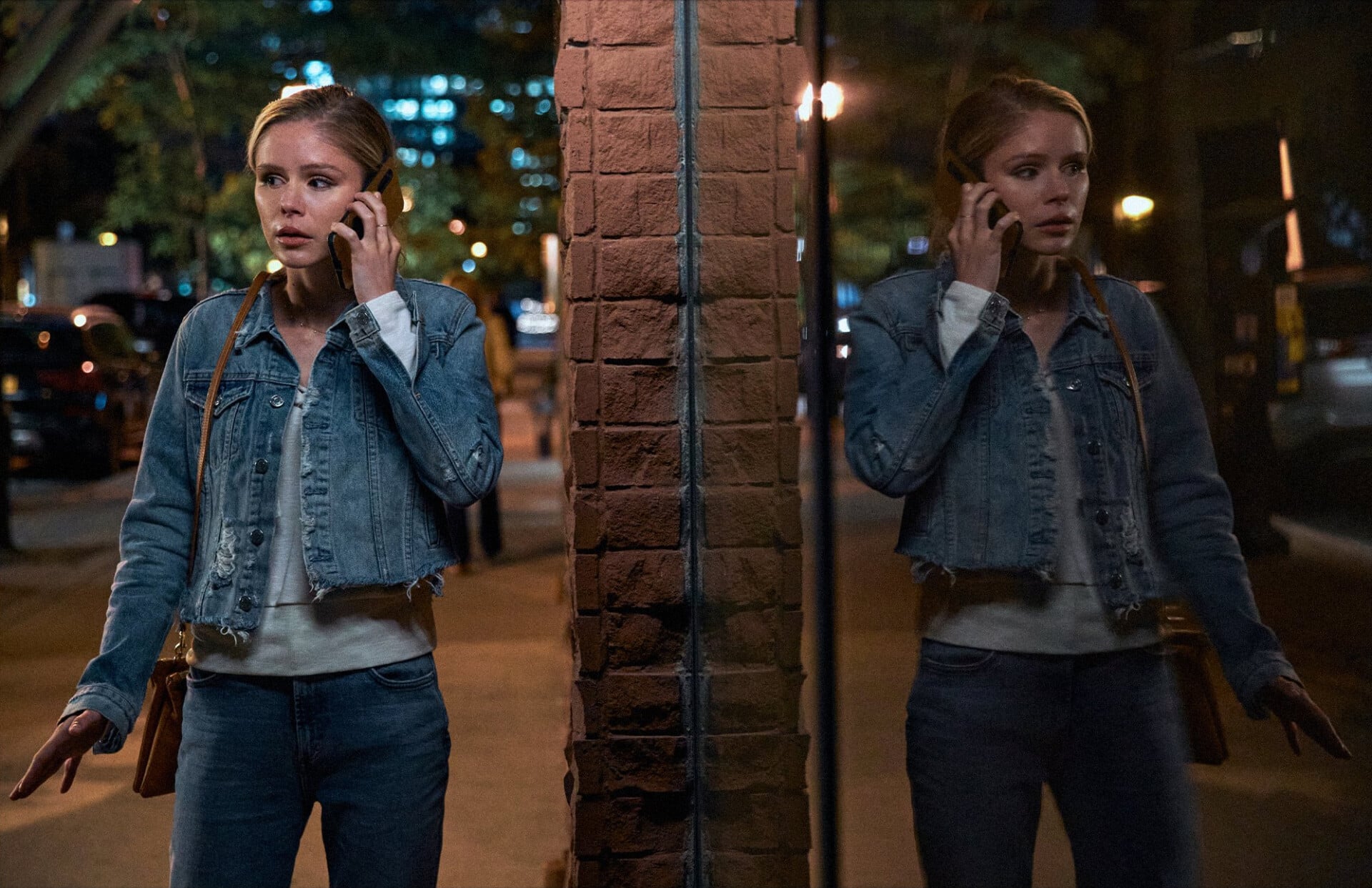
Starlight has spent the season looking for a moral victory. She rejoined the Seven, hoping to change it from the inside, but wound up just used as a prop by Homelander. She tried to bring her childhood friend Supersonic (Miles Gaston Villanueva) onto the team to support her, but that just got him killed. She even failed to convince Hughie and Butcher to give up Temp-V. As such, it feels appropriate that “The Instant White-Hot Wild” gives its biggest victories to Starlight.
Ultimately, Starlight’s humanism saves and redeems Maeve, and that in turn proves essential to defeating Soldier Boy. Starlight’s social media campaign allows Maeve to break free. When Maeve sides with Butcher, Starlight protests, “I really thought that — deep down — you were a hero.” Maeve responds, “You were wrong. There’s no such thing.” However, her actions belie her words. At the episode’s climax, Maeve risks her life to push Soldier Boy out of the tower, saving countless lives.
As such, despite her cynicism, Maeve is a hero. The implication is that Maeve is motivated in some small way by Starlight’s continued faith in her. Perhaps the most surprising choice in “The Instant White-Hot Wild” is that Maeve’s decision isn’t a sacrifice. Unlike Black Noir coming back to fight with Homelander, Maeve doesn’t die for her choice. Maeve makes the right decision, and so she is given a second chance to live her life away from all of this violence and horror.
In the world of The Boys, that’s as happy an ending as one can expect.

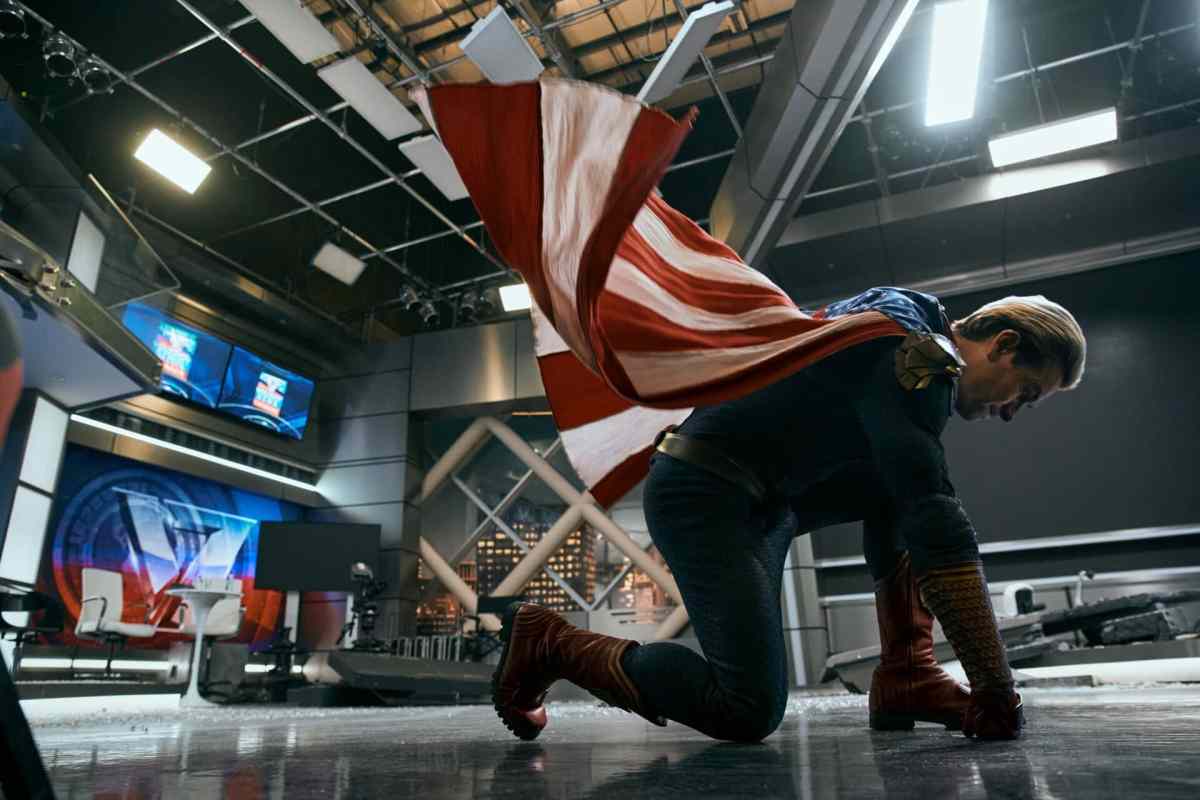




Published: Jul 8, 2022 12:00 pm